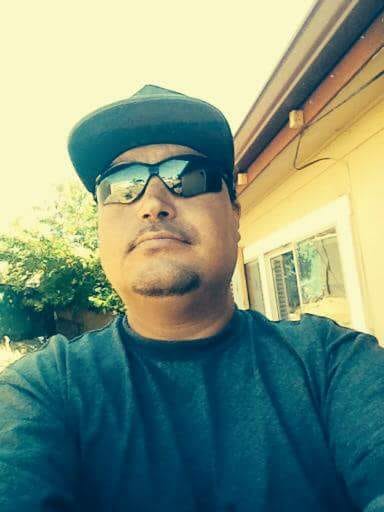In 1775, Franklin wrote: "Having few artificial Wants, they [Indians] have abundance of Leisure for Improvement by Conversation. Our laborious Manner of Life, compared with theirs, they esteem slavish and base; and the Learning, on which we value ourselves, they regard as frivolous and useless. Having frequent Occasion to hold public Councils, they have acquired great Order and Decency in conducting them... The women ...are the Records of the Council...who take exact notice of what passes and imprint it in their Memories, to communicate it to their Children." "They preserve traditions of Stipulations in Treaties 100 Years back; which, when we compare with our writings, we always find exact."
Colonial interest in Six Nation treaty accounts was high enough by 1736 for a Philadelphia printer, Benjamin Franklin, to begin publication and distribution of them. The tone of the treaty councils was that of a peer relationship. During the next twenty-six years, Franklin's press produced thirteen treaty accounts.
By the early 1750s, Franklin was not only printing treaties, but representing Pennsylvania as an Indian commissioner as well. It was his first diplomatic assignment. Franklin's attention to Indian affairs grew in tandem with his advocacy of a federal union of the colonies, an idea that was advanced by Canassatego and other Iroquois chiefs in treaty accounts published by Franklin's press as early as 1744.
Franklin's writings indicate that as he became more deeply involved with the
Iroquois and other Indian peoples, he picked up ideas from them concerning not only federalism, but concepts of natural rights, the nature of society and man's place in it, the role of property in society, and other intellectual constructs that would be called into service by Franklin as he and other American revolutionaries shaped an official ideology for the new United States.





I didn't know any of this. In my college history class last year, I studied the Trail of Tears. I also had the privilege of taking a class that Simon Moya-Smith (do you know him?) taught 4 years ago in Denver. It really opened my eyes to what Indigenous people's lived experiences are.